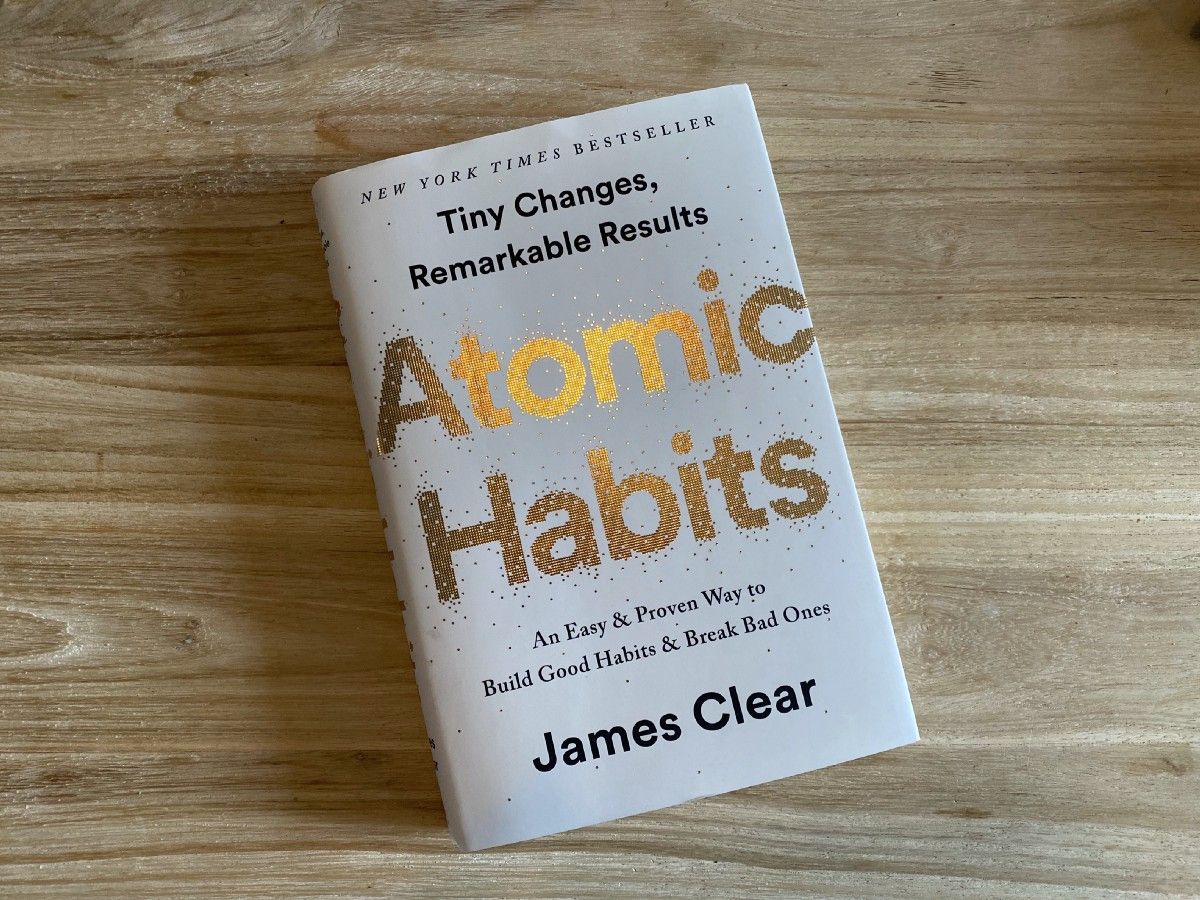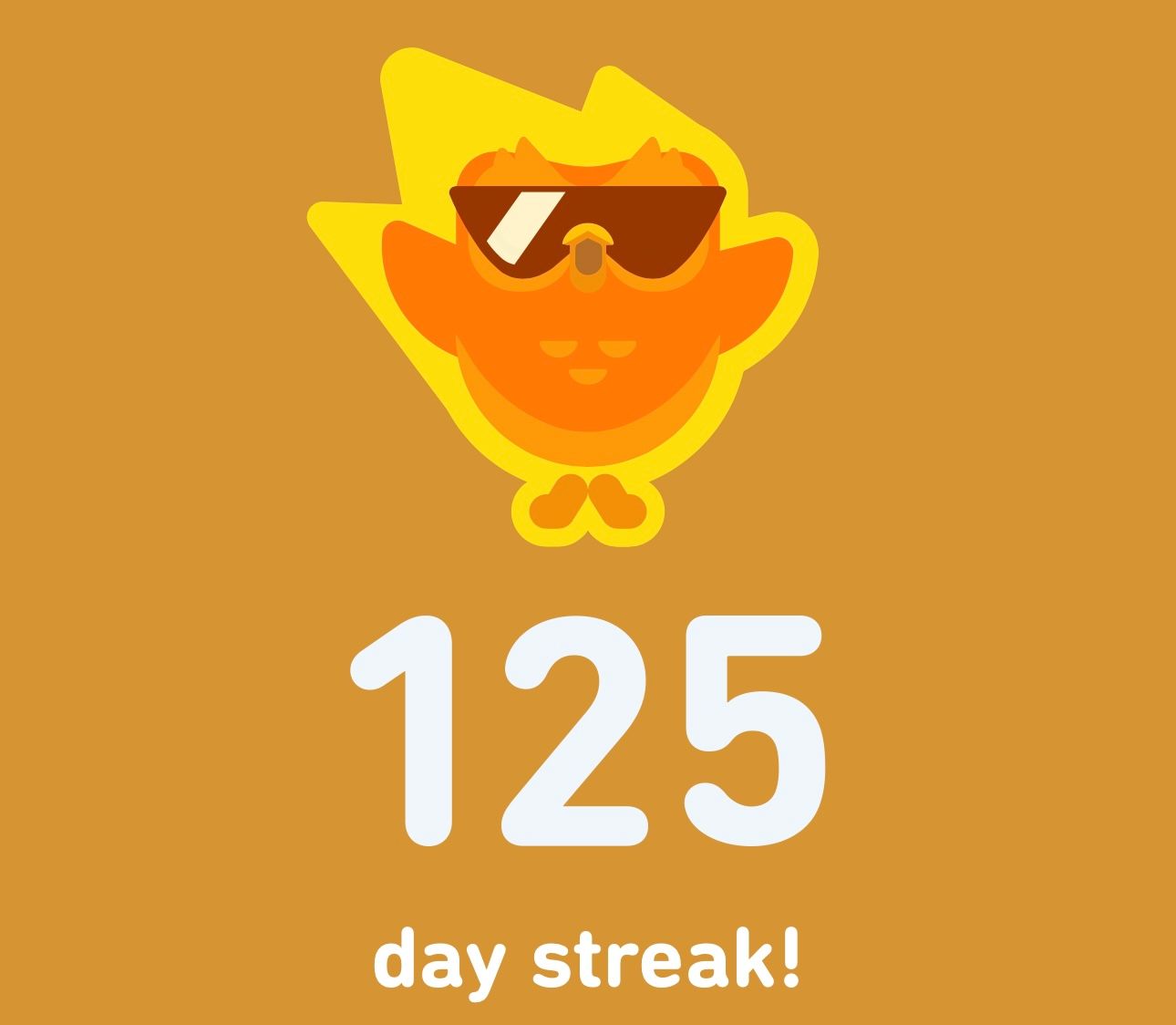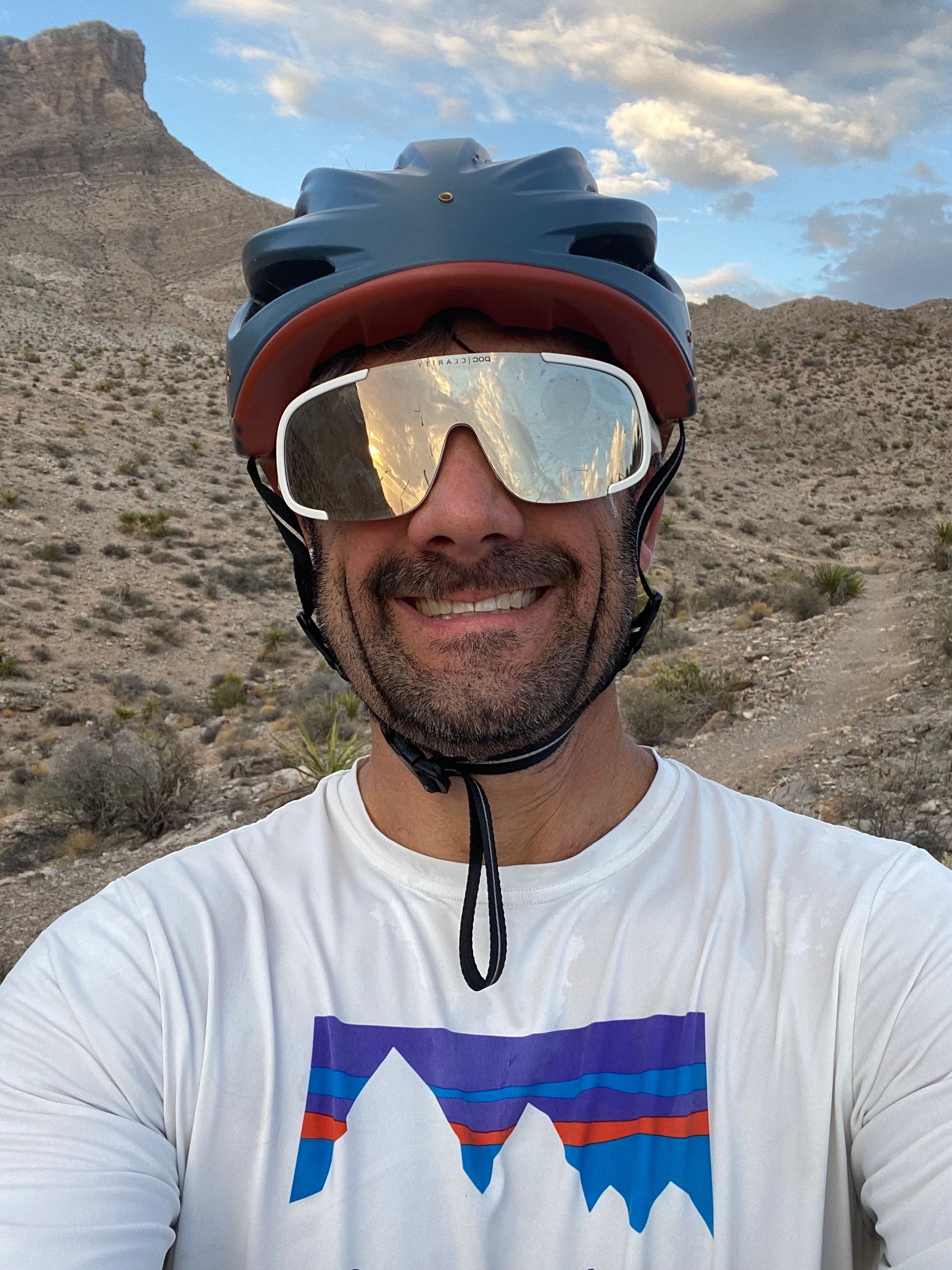How to Crush Surgery Training - 10 Habits
"Anyone who tells you differently is either too far out from their training to remember or wasn’t paying attention."
What are the most important habits that successful surgical residents have?
Over the years I’ve worked with a lot of residents.
As a medical student, a resident and now as an attending pediatric surgeon I’ve looked up to them, been one of them and now teach them.
I’ve seen the success stories. I’ve learned from residents who have struggled, lessons that have given me guidance in both my personal and clinical lives.
In this post my goal is to provide the top 10 most important habits and strategies for the general surgery resident to crush their surgery training. These lessons can be applied broadly across specialties though I think they are particularly applicable to general surgery.
Do you want to do more than survive?
What if you could not only survive but finish with a depth of experience and limited wounds to show?
Because there will be wounds.
You will be injured.
Anyone who tells you differently is either too far out from their training to remember or wasn’t paying attention.
The ultimate goal is to learn the surgeon’s skillset while maintaining your physical, emotional and mental health.
It’s not necessary to be healthy, happy and balanced during your surgical education and training.
Surprising?
It’s your responsibility during 80 hours a week for 5 clinical years to learn an incredible amount of material so you can have clinical judgement while also gaining a technical skillset that will allow you to provide mechanical solutions to complex medical problems.
The strategies and habits that follow are lessons that I have learned and continue to learn over the years.
If you incorporate these habits into your training you will definitely see a positive outcome.
More importantly, these habits will help you learn the material, gain the technical skills and thrive while having the best possible outcomes in your mental, physical and emotional health.
Some of these strategies are obvious, some others are not. You get to decide what you want to incorporate into your overall educational strategy.
1.) Seek Mentorship
Seeking mentorship is NUMBER ONE on the list of success generating strategies and habits. Mentorship could be number one, two, three…you get the point. Whether your program actively engages you with a senior resident or faculty member or not, you MUST make a point to identify a senior resident and a faculty member who can serve as your mentor. Ideally this is someone you can connect with over the years.
The mentor-mentee relationship will last through the years that follow training. I still talk with and reach out to my mentors when I find myself in a difficult spot, clinically or personally.
It can confidently be said that most successful surgeons have had a relationship with an older, more experienced surgeon. Faculty with mentors are more likely to have career satisfaction, be successful in obtaining grant funding in research and receive clinical experience and wisdom that only accrues with clinical experience.
Mentorship with Residents
Mentorship with a senior resident provides you with a path that’s “close to home” to get through residency with a smile on your face. Senior residents have had their down days and have developed the resilience to get through those troughs. These lessons are incredibly helpful for a junior resident as difficult days and rough patches are inevitable. If you don’t have someone to talk to it’s easy to back yourself into a corner, and that corner will get darker and darker for you.
Senior residents can help you map out a reading plan, navigate you through various faculty personalities and make sure that you’re checking the right boxes. A senior resident can also be your advocate to faculty and the friendship you develop will help you feel like you are part of the program, helping you build momentum through the years.
Mentorship with Faculty
Mentorship with surgical faculty is incredibly important at an early stage in residency. You may be born to do vascular surgery and it’s a sure fire career path or you may not know what field to choose. A surgical faculty mentor will help guide your career path, help you make important choices when it comes to quality projects and research years, serve as your advocate to other faculty and make sure you’re reaching your potential as a surgical resident.
The mentorship I had in general surgery residency and my research years guided me to pediatric surgery. Now as a surgeon with residents I have the tools and connections to guide them to their career of choice. Most surgeons, if they don’t have the knowledge or the connection will be able to help get you there with a phone call, a conversation or an email.
2.) Establish YOUR Reading Program
It’s a law: everyone learns differently and everyone learns at a different pace.
YOUR reading program will help you keep a consistent pace throughout residency and consistency is key.
Early on in my training a faculty surgeon gave me some great advice:
"Make a habit and get 30 minutes of reading every day, no matter what."
This advice is straight forward, easy and completely accurate!
I would set my alarm an extra 30 minutes early, make some french press and the reading begins. Every day I would move that bookmark along and eventually reach the end of the textbook. Then after a very brief pat on the back I move on to the next book.
Daily reading is a very useful habit, something I continue now. You can check out my post on the Miracle Morning to see how I incorporate reading into my daily routine.
In the posts that come I’ll put in my top reads for general surgery, again some are obvious and some are not.
Rotation Specific versus General Reading Plan
There is going to be rotation specific reading and general reading throughout residency. When you’re on colorectal you’ll want to read colorectal, when you’re on vascular you’ll want to read vascular. But using rotation specific reading for your education strategy will be jumpy and inconsistent. Jumpy reading will miss the foundational material necessary for a complete understanding of surgical disease.
Make a goal of dividing these two reading habits. The surgical education reading should be a long term strategy, it is a habit. Every morning or every night you commit to that reading habit. The rotation reading, for example can be done between cases or outside of that protected 30 minute window you are going to commit to doing, every day. Make the 30 minutes reading window a habit and you’ll peel through surgical textbooks at a remarkable rate. And when it comes to the ABSITE, I’m convinced that there is an almost direct correlation between reading and scores.
3.) Actively and Consistently ASK for feedback
I can’t tell you how many times the opportunity for feedback is lost. We wrap up the operation, the drapes come off, the orders are written, the patient is swept out of the room and the family is retrieved from the waiting room.
When does the feedback happen? It doesn’t…UNLESS you make it happen! Surgery training is about reflection, surgery training is above self improvement. This does not happen without honest and sometimes brutal feedback.
Right after an operation is when you need to debrief. A debrief needs to be an action on your part and it has to be deliberate. How did I do? What could I have done better? How could I have had more efficient movement? How do I set up my anastomosis so it’s easy? Why did you choose that type of suture or why did you do a sewn anastomosis? Why didn’t you leave a drain?
Plan your Debrief, Plan your Feedback
Every case is an opportunity for improvement…even just sewing skin. The more you do the simple things perfect the more translatable those skills will be on challenging cases. Surgery training is about learning and perfecting a simple set of skills. For example, “oh, it’s just an appy.” In that appy you learn to work with both hands, you learn how to position your trocars to make exposure easy. You learn how to position the patient. You learn how to manipulate the bowel. Importantly you learn how to apply tension to different tissues. You learn how to be delicate. You get to use an energy device in some cases and you get to learn how to manipulate the stapler. These skills are directly translatable to other more difficult cases. When you are doing your first laparoscopic duodenal atresia you appreciate having delicate hands, knowing how to apply tension, how to set up a good view, to use both hands and to manipulate bowel. Surgery training is not about the big cases, it is about perfecting the little cases so when the big cases come your skill set it deep with experience.
Remember, if something is hard you’re probably doing it wrong. Ask for help and ask for feedback. Once you’ve left the OR, THAT opportunity for THAT case is gone. The surgeon is most likely shifting focus to the next case, or the next family, project, meeting or responsibility. In addition the feedback you’ll receive is likely to be less specific and less helpful. For example, if you try to debrief after a whole day of operating it’s unlikely that you will have specific and constructive feedback to work on.
4.) Practice, Practice, Practice…and make it FUN
In residency my buddy Jorge and I would battle on the FLS machine. Who could get the blocks over to the pegs and back the fastest? Who could do their lap ties the cleanest and fastest. He always killed it and he would always remind me that I was seconds behind him. The competition made it fun, made it a game and made us both want to improve even if that meant just beating the other guy. Years in surgery training can be a long slog, so make it fun, go crush your mate in the lab.
Practicing your surgical skills in the lab, or in a homemade laparoscopic lab like this one will dramatically improve your operative experience. In the OR, on a patient, is not the time to be doing something for the first time. If you’re doing a laparoscopic case you should already be masterful at finding your hands, moving tissue, gently grasping or sewing. All of these can be done is a very basic simulator.
Build Foundational Skills
The details of the operation such as finding the critical view of safety in a laparoscopic cholecystectomy or trocar placement can not be learned until foundational skills are mastered. The better you are in the simulator the more confidence you’ll have in the operating room and the more progress you’ll make in an operation. You will find yourself less stressed when you know you’re going to whip down your knots deep in the pelvis, or sew up the Nissen wrap without difficulty.
When you struggle, when you fail to make progress, when you don’t have foundational skills, you will find that the surgeon takes over. As a surgical resident, there is nothing more frustrating than losing the case. You will lose confidence and that starts a downward spiral, especially for junior residents.
I can confidently say that as a teaching faculty surgeon, residents with good foundational skills make more progress in an operation, get positive feedback that is encouraging and this propels them to the next operation. Those residents without good foundational skills struggle in the operating room, become discouraged and this leads to a spiral of self defeat. You can build your skills in the simulator or sewing on a banana. Practice, practice, practice…and make it fun!
5.) Build the TEAM
One of my co-residents in general surgery is THE BEST at team building. She has an infectiously positive attitude that brings everyone together. Being on “a team” in residency made residency easy, we were all in it together.
You have every opportunity to be a leader, to bring people together, to help those residents who are struggling, to set the standard and bring a few laughs to rounds in the early dawn. You create the world around you.
If you can establish a team attitude and bring residents together you will find your residency experience can be a blast.
This may mean organizing some events together without the textbooks. Maybe it’s beers and ping pong in the backyard of someone’s house, maybe it’s ripping some turns together on the ski hill.
At the beginning of our chief year, my co-chief organized a rafting trip with the chiefs and the new interns. It was a blast. We camped, we had some beers, we floated the green river…it was an awesome team building experience and set the tone for the year.
6.) Find Projects, Follow Through
One of my mentors in pediatric surgery says “Don’t tell me you want to be a pediatric surgeon, show me you want to be a pediatric surgeon.” You show your interest by doing things above and beyond the check boxes and most importantly by FINISHING those things. I cringe when I think about all of the projects I flaked out on.
When I said yes to something and I knew there was no way I could get it done. While surgery training can make you feel like a yes machine, you don’t need to say yes to everything. Be honest when you’re being asked to do a case review you know you can’t fit into your schedule.
Be careful about biting off more than you can chew. As a resident you probably don’t want to get involved in a big prospective study.
You want to eat some low hanging fruit, maybe it is a a quality improvement project you identify that is interesting to you. Keep it simple and keep it focused. Present at your local university poster day or your regional ACS meeting.
Above all things, do not flake out, especially on projects and for surgeons in your career line. Finding success in surgical residency is partly the ability to be clinically proficient. It’s also the ability to identify projects and complete them.
7.) Challenge your Attendings and your Peers
Right now I’m reading an amazing book, The Challenge Culture by Nigel Travis. It is fascinating how challenge, or positive pushback, is a necessary requirement for success and growth in business. I think there are direct parallels in surgery and surgery training.
“Why” should be a very frequent word in the operating room. Why did you place the trocars like that? Why did you choose those trocars?
I utilized the word “why” a lot in surgery training but now that I’m an attending, I wish I had used it so much more! Find opportunities in M&M, in rounds, at the coffee shop and in the OR to ask “why”.
Don’t just accept something as gospel, given positive pushback.
8.) Find Balance in Surgery Training
I’m going to write an “Us and Them” post here shortly but the word “balance” is and was laughable to surgeons of previous generations. Some surgeons, while being absorbed in their careers, lost meaningful things in life that they could never get back. A marriage, relationships with their spouse or children, life experience.
They stand behind a “this is the cost” wall and actively avoid balance.
After finishing my first few years as as pediatric surgeon I can say that I’ve made considerable effort in finding balance. While being busy clinically and productive on the quality improvement side I’ve been able to get out of the hospital and live life. I have a close, positive and supportive relationship with my wife, I am present as a father to my three kids, I coach my son’s under 6 soccer team, I completed my first half Ironman during my first year as a surgeon and completed my first full Ironman during my second year on my 40th birthday.
Balance takes effort but that balance makes me a better surgeon. Surgery training can be very unbalanced. It is for all of us. Despite that feeling of unbalance, strive for balance. It will prevent burn out in the years to come, and it makes me a better husband and father.
Find Balance and You Can Have it All
In surgery training as a trainee it’s difficult to say no but remember this axiom: “You will never control your calendar until you learn to use the word “No”.” This is unbelievably true. You don’t need to go to that pharmaceutical or device company dinner, you don’t need to stay at the hospital just for the sake of staying. Get your work done, support your team and go home.
Find your balance wherever you can. For me nothing is better at the end of a tough day than going for a run with Lis or finding my kids and let them laugh and crawl all over me. For you that balance may be yoga, running, hiking, friends or art. Whatever it is, balance will make you a better surgeon and a better human. Check out my blog post on Finding Balance in Surgery.
9.) Write Down Your GOALS for Surgery Training
It doesn’t have to be on January 1 and it doesn’t have to be at an annual rate. Tony Robbins in the self improvement and business world comments “Failing to plan is planning to fail.” Surgery residency and medicine in general is a very overwhelming experience and it flies by in a moment. If you don’t plan out your training you will miss out on important experiences. Make sure, at the beginning of an arbitrary interval, say quarterly, you write down exactly what you want to accomplish.
For example, let’s say you’re beginning your intern year maybe you want to (1) finish the foundational chapters of Sabiston (2) identify a quality project of interest and (3) tie knots with both hands one handed, two handed, superficial and deep. Let’s say you’re ending your second year you may want to have a quarter’s goals be (1) confidently sew laparoscopically, (2) identify a research project and relevant scholarships such as the AAS or ACS resident research grants and (3) publish the QI paper from intern year.
Residency will go by in a flash and there are so many educational opportunities, especially if you put yourself out there and chase them down.
10.) The Glass is half FULL
This morning, probably 10 times or more as I greeted nurses, physicians and families through rounds in the hospital they would ask me “how’s it going doc?” and I always reply “Living the dream.” It has been my go to line for years, it’s positive, saying it makes me smile. Even if on a particular day it doesn’t feel true it reminds me that it’s a great privilege to be a surgeon for children and their families. I’m definitely living the dream. Check out my post on Optimism, Grit and Surgery and see what you think.
Be Gritty. Be Optimistic. Be Better. I think that’s a pretty good strategy, maybe even fit for a t shirt.
Going through residency you will have tough weeks, months, maybe even years for both professional and personal reasons. Through the long years of training you will also have a personal life that has stress. That stress may be relationships, finances, losing a family member, anything. And the stresses of the job and life can compound.
What makes this even worse is when a negative attitude sets in. You begin to bemoan your attendings, you complain about your junior residents or the nursing staff. You will find that others will jump in too and you all will be in a big complaining fest or pity party. Success in surgical residency will be hard.
Find Cues that Adjust your Attitude
Give yourself cues to remember that it’s a great privilege to be a physician and surgeon. You are here to do great work now and in the future. One of the things I start my day with is drawing my kids pictures to color. This morning, after Halloween, we transitioned from spooky ghosts to turkeys. It always makes me happy when I come home. My kids show me their colored drawings or how they’ve altered them.
During the day I have pictures of the fam at my desk that brings smiles. I have drawings from patients and thank you cards. Find your cues. Find those things that make you smile and help shift your attitude. You can turn to those cues during difficult days and realize that we have an awesome life.
A few thoughts and questions to close
What are some things that make you smile, laugh and recover from a difficult day?
Have you set your goals for this year? For your entire surgery training? For your early career?
What have you learned from your mentor this year?










